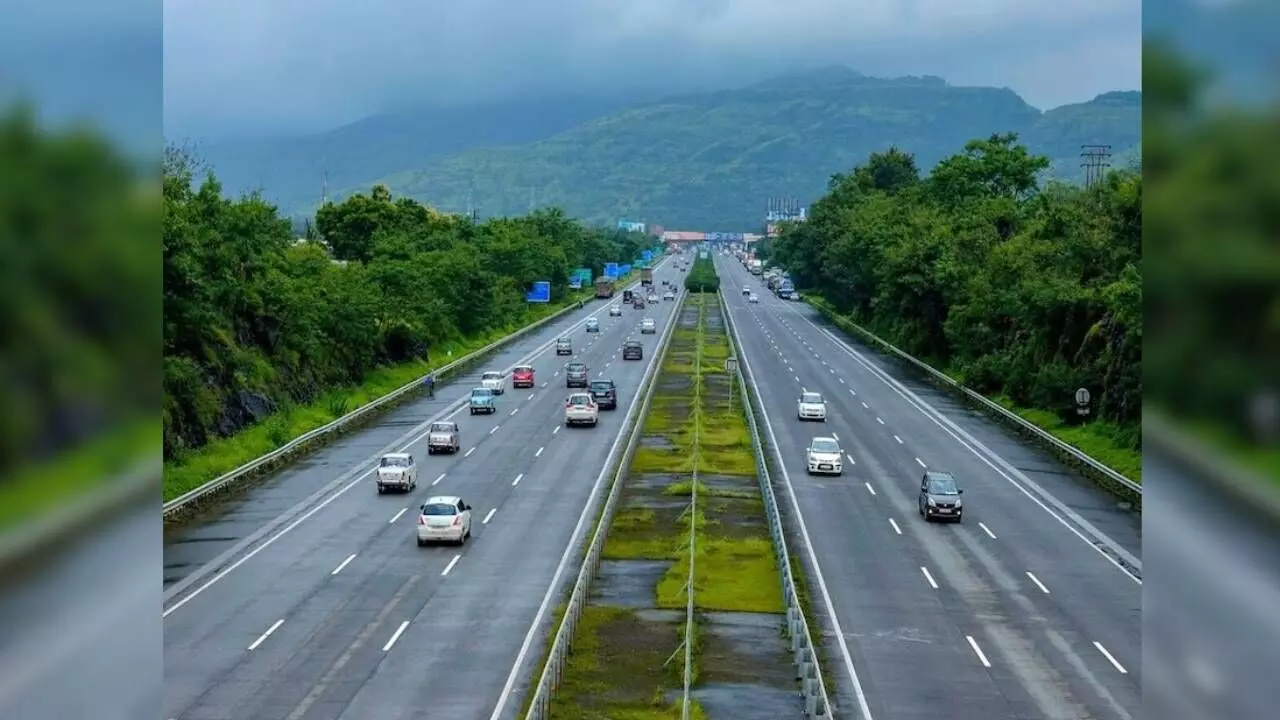Green highway project to complete by May 2026
The completion of Green National Highway Corridors Project (GNHCP) is scheduled by May 2026
image for illustrative purpose

The completion of Green National Highway Corridors Project (GNHCP) is scheduled by May 2026.
Earlier, India and the World Bank signed an agreement for the construction of GNHCP in an aggregate length of 781 km for Andhra Pradesh, Himachal Pradesh, Rajasthan, and Uttar Pradesh. The loan assistance is of $500 million against the total project cost of $1288.24 million (Rs 7,662.47 crore).
This information was given by Minister of Road Transport & Highways Nitin Gadkari in a written reply in the Lok Sabha today, an official press release said.
The biggest sub-project, 211 km on National Highway 516W, comprises the Koyyuru-Chaprathipalem-Lambasingi-Paderu-Gondiguda-Araku section and the Bowdara-Vizianagaram section in Andhra Pradesh.
The project incorporates demonstrating safe and green highway keeping in view climate resilience and use of green technologies by incorporating the following aspects:
Conservation of natural resources using cement-treated sub base/reclaimed asphalt pavement;
Promotion of local/marginal materials such as lime, fly ash, and waste plastic; and
Use of bio-engineering measures for slope protection like coco fibre/jute erosion control blanket with shrub/grass plantation, hydroseeding, shotcrete crib wall with vegetation, bamboo plantation, hedge brush layer, interlink chain mesh with grass strips, geocell with hydroseeding, etc., in slope protection works.
The use of green technologies and bio-engineering solutions, particularly in hilly areas, is expected to reduce carbon emissions and ensure conservation of natural resources during the life cycle (construction and operation period) of the project.
The project aims to provide smooth and motorable roads with all-weather connectivity to nearby areas. This will result in socio-economic development as well as enhanced trade and connectivity within the region. The selected stretches will improve connectivity to the inner regions of the country, thus improving employment opportunities and inclusive growth prosperity by bringing them closer to the mainstream areas.

